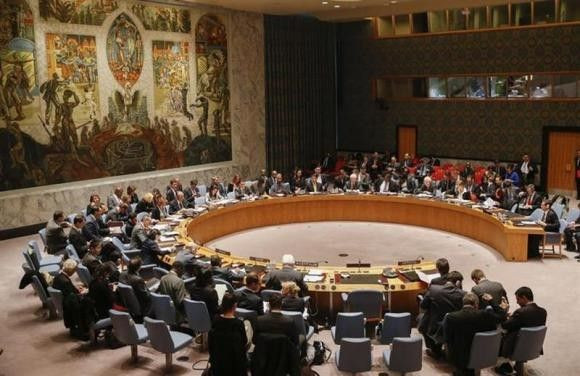New Zealand ends UN presidency on a high: Passing of Iran deal was a major highlight

New Zealand ended its month-long presidency of the United Nations Security Council in July, on a high note. One significant event of the last day was a day-long summit of small and developing states, whose backing was crucial for its seat on the Security Council. In his address to the summit, Foreign Minister Murray McCully said New Zealand succeeded in giving voice to the security challenges of small island developing states.
Iran nuclear deal
One high point of New Zealand’s presidency was the passing of the Iran nuclear deal, paving for lifting of the sanctions on Iran. It is also an indirect boost to the Kiwi economy itself as Iran may start buying Kiwi lamb. Iran’s economy is expected to get more than $100 billion (AUD 137.45) boost, once the sanctions are gone. McCully played down concerns on Iran by noting that potential gains for New Zealand's companies are quite vivid. "We approach these things on the basis that if we're able to trade with them, we're better able to influence them,” he said. From the domestic turf, the New Zealand Government came under fire from opposition parties over the purchase of an $11 million (AUD 15.12 million) apartment in New York for housing its top UN diplomat, Gerard van Bohemen.
MH 17 veto
New Zealand’s stormy month in the hot seat also saw Russia exercising its veto twice in blocking motions relating to genocide and setting up of an international tribunal to prosecute those involved in the downing of Malaysian Airlines flight MH17. Over all New Zealand received positive reviews for the presidency and got encomiums that it breathed some life into the Security Council's hidebound ways. A top source told Stuff.Co.Nz that New Zealand has been exemplary in its “proactive presidency.”
One more positive change in the UN Security Council was highlighted by the Foreign minister. He said it was the reform in the veto process. Under the veto power, the P5 or permanent members of the Security Council - the United States, Russia, China, France and Britain – can block any measure they are not in agreement with. McCully said, "no one is going to drop the veto. But I think we are starting to see movement from some of the permanent members of voluntary surrender of the veto in certain circumstances. Admittedly that's from the countries that don't use it much, but it's going to be increasingly difficult for those countries that do.”
(For feedback/comments, contact the writer at feedback@ibtimes.com.au)




















